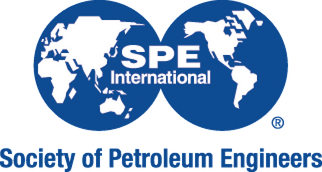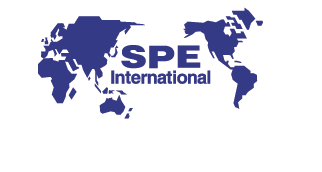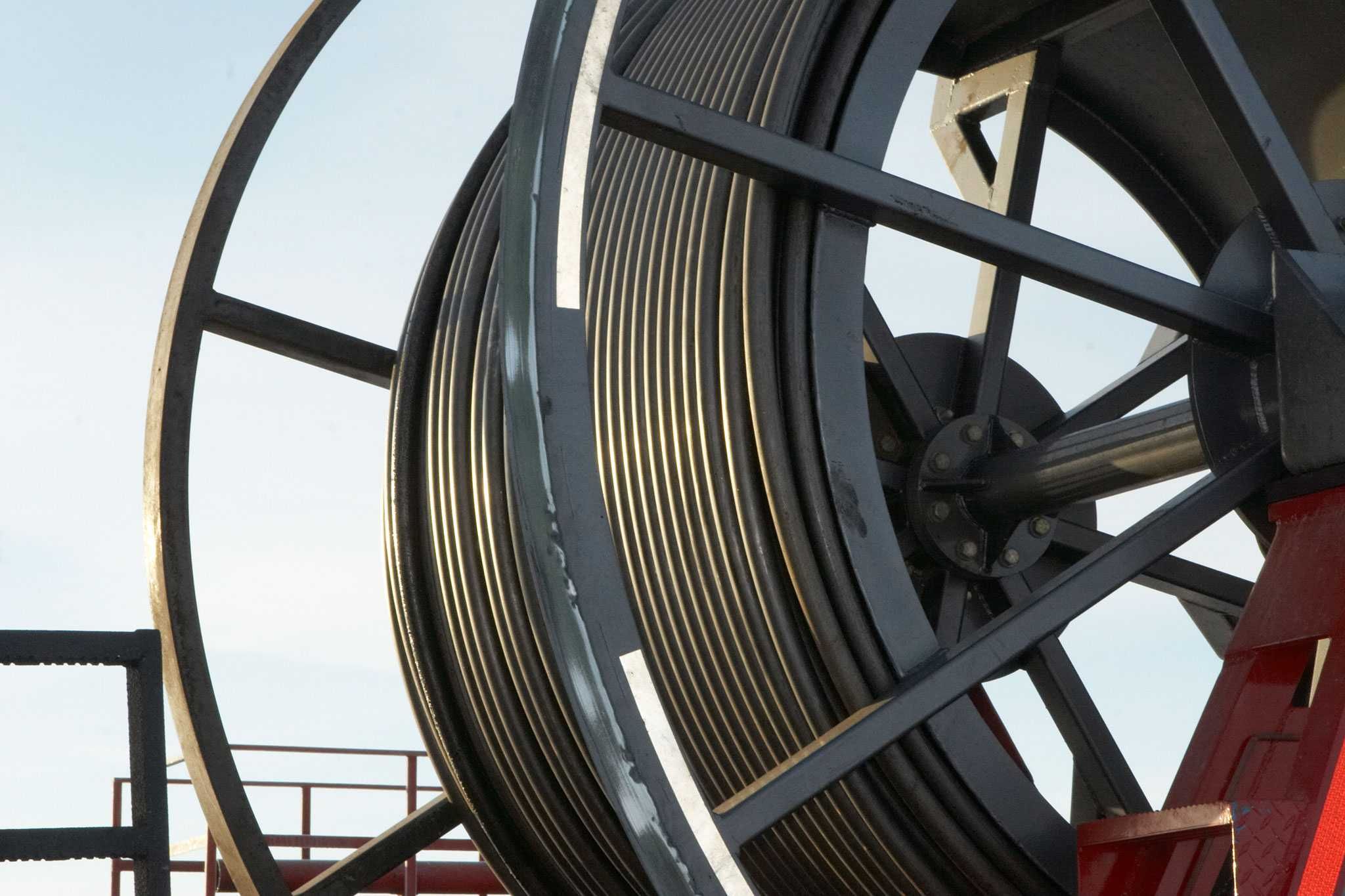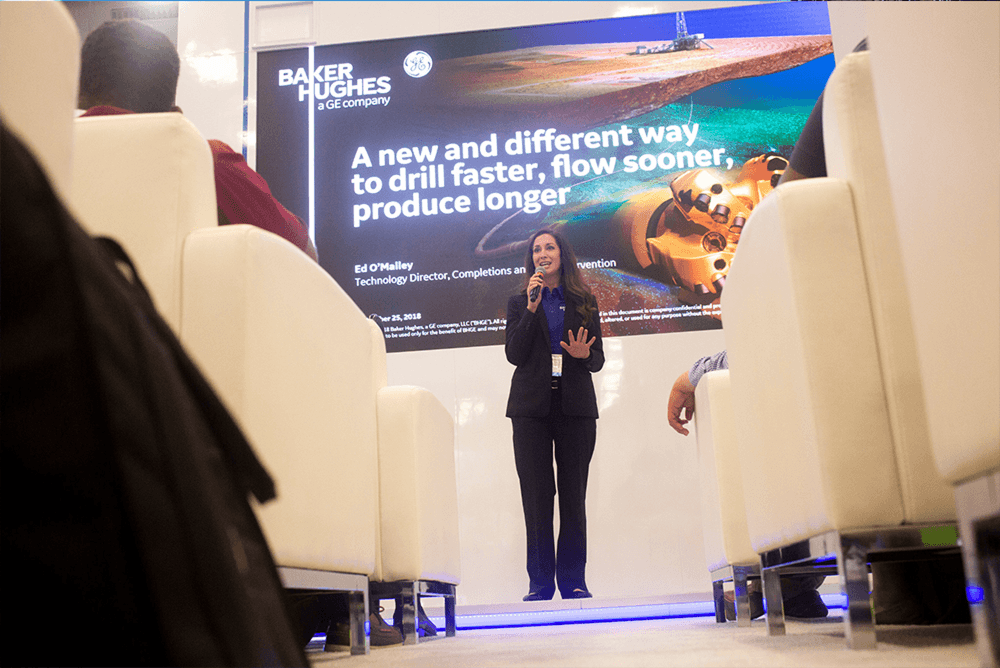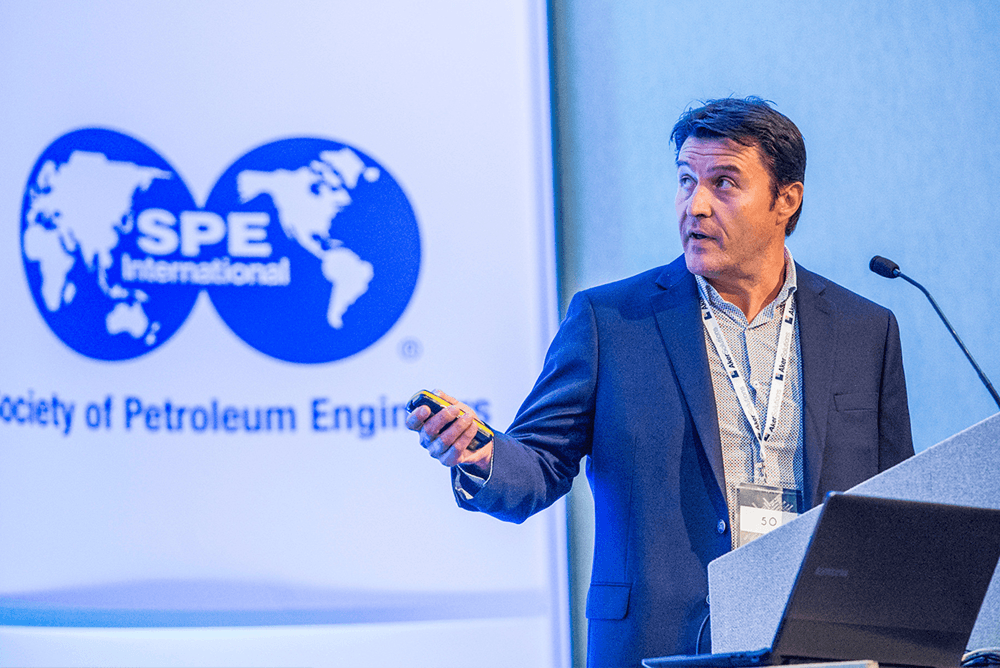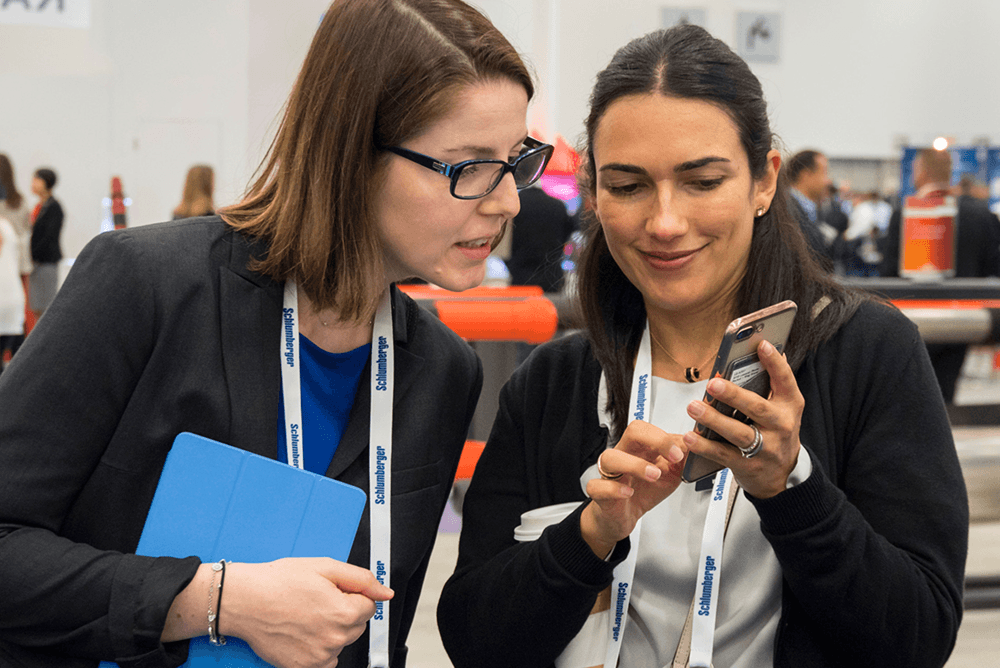Behind Every Innovation is a Brilliant Mind
Share Yours at the 2026 SPE/ICoTA Well Intervention Conference and Exhibition
The Program Committee of the 2026 SPE/ICoTA Well Intervention Conference and Exhibition invites you to submit abstracts for this premier event. This annual conference is a cornerstone for sharing innovations, field applications, best practices, and hard-won lessons across the well intervention domain.
Why Submit?
By contributing a paper, you actively advance industry knowledge, foster peer collaboration, and bring attention to practical solutions and technology applications addressing today’s intervention challenges. The committee is particularly seeking case studies that showcase novel technologies, methods, operational insights, and strategic lessons learned.
With increasing pressure on hydrocarbon output and constraints in drilling capacity, the spotlight is on optimizing current assets. We welcome abstracts that detail innovative ways to meet these demands and demonstrate production gains without drilling new wells.
Submission Has Closed
